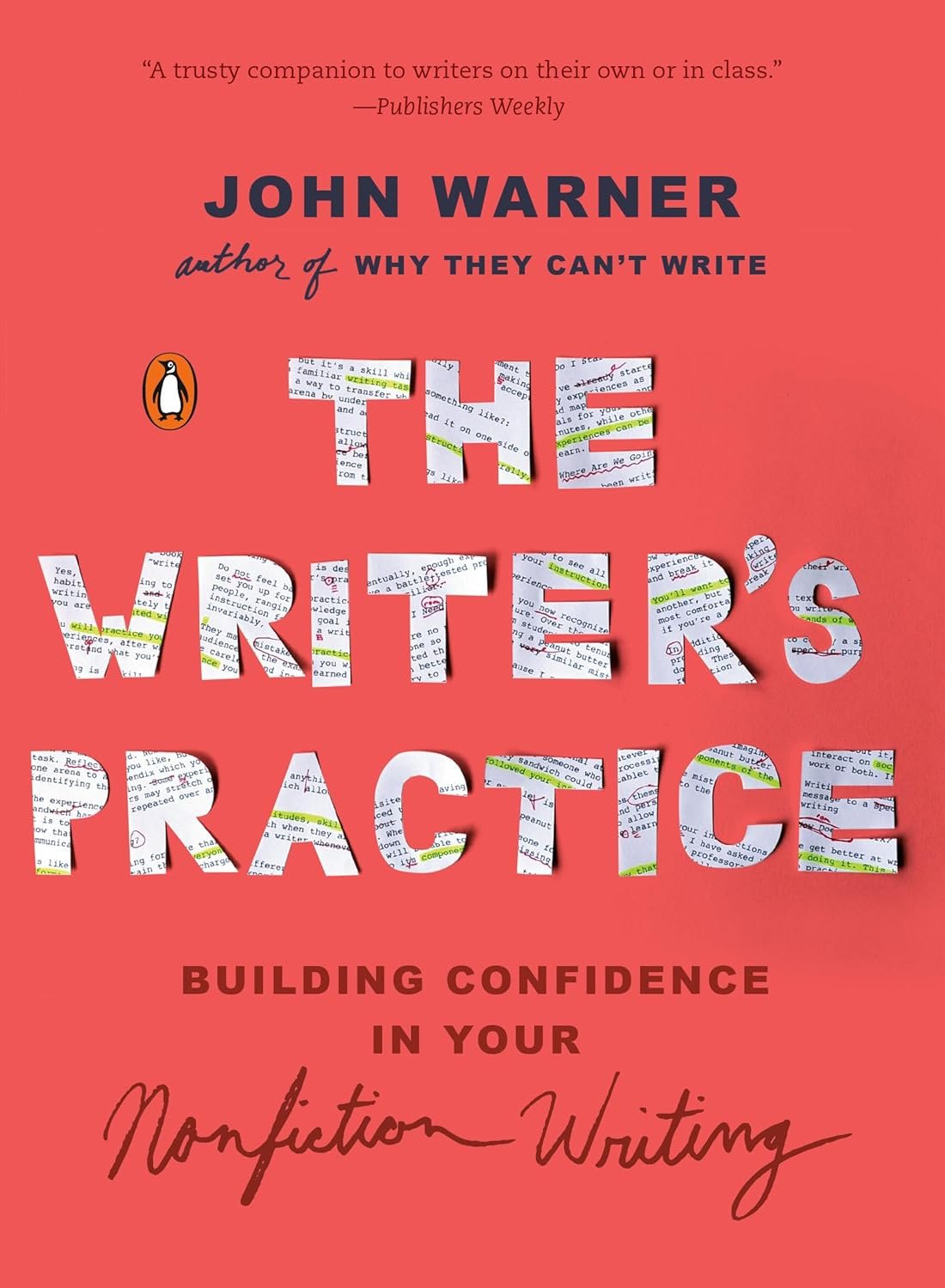
25 Sep Unlocking Your Voice: A Dive into The Writer’s Practice
Embracing Nonfiction: A Journey with The Writer’s Practice
As an ardent lover of the written word, I often grapple with that familiar question: “Am I good enough to be a writer?” This nagging uncertainty found its perfect foil in John Warner’s The Writer’s Practice: Building Confidence in Your Nonfiction Writing. I stumbled upon this book while searching for a resource that spoke to the essence of writing, not just the mechanics. Warner’s approach intrigued me; he promised a departure from the rigid templates we often associate with composition, aiming instead to cultivate a nuanced understanding of the writing process.
Warner’s methodology is what makes this book shine. He weaves together insights drawn from years of teaching with practical exercises designed to instill confidence in novice writers. The emphasis on real-world application and engagement is refreshing; rather than merely mimicking academic standards, he challenges us to think critically and creatively. This bottom-up approach—tackling writing problems organically—felt liberating, as it encourages exploration rather than fear of the blank page.
The structure of the book revolves around a cycle of writing sequences, each crafted with deliberate intent. Each section incorporates elements of audience and purpose, urging you to reflect on your voice and impact. Warner’s exercises, aptly described as not merely tasks but “writing practices,” reveal how intertwined writing is with thought. His call to consider “not just what to write, but why it matters” resonated deeply with me, sparking a realization that strong writing stems from genuinely meaningful ideas.
One particular exercise, “You’ve Got To Do This!” (found on page 158), is a standout. It prompts you to persuade others on a topic you’re passionate about, transforming writing into a celebration of individuality rather than an anxious chore. The transformation of this prompt into a Pinterest post was not only cathartic but reaffirmed my belief in writing as a dynamic, engaging endeavor. It’s moments like these that reminded me of the joy of crafting messages that matter.
Warner’s conversational yet eloquent writing style made the book a pleasant companion, no matter where I was in my writing journey. His humor and relatability shine through anecdotes and reflections, allowing the reader to feel seen and understood—something I believe every writer craves.
In conclusion, whether you are a budding writer, a seasoned author looking to shake up your routine, or an educator seeking fresh techniques for your classroom, The Writer’s Practice offers a wealth of wisdom and practicality. I found not just guidance, but encouragement—a reminder that writing is a personal journey and not a race. If you’re in search of a friend to walk alongside you as you build your confidence in nonfiction writing, I wholeheartedly recommend John Warner’s delightful and insightful book. It may not just improve your writing, but encourage you to embrace the stories you have to tell.
You can find The Writer’s Practice: Building Confidence in Your Nonfiction Writing here >>









